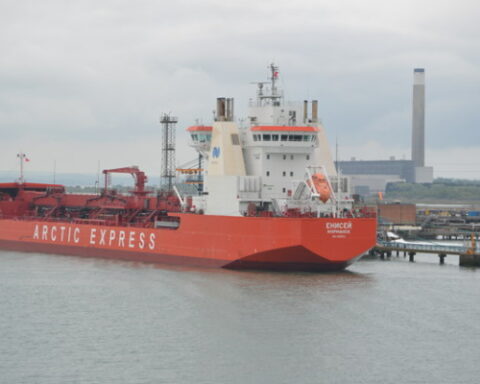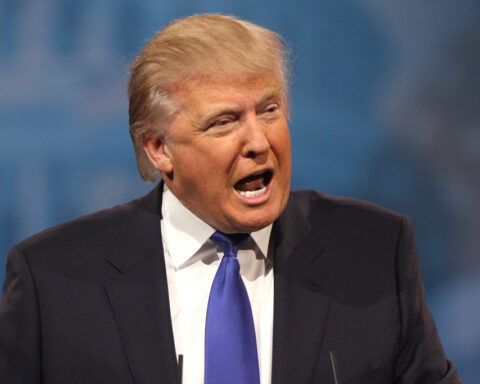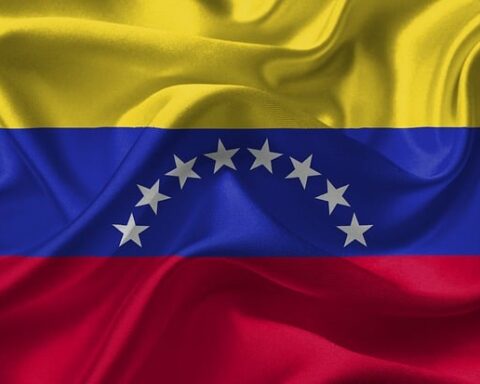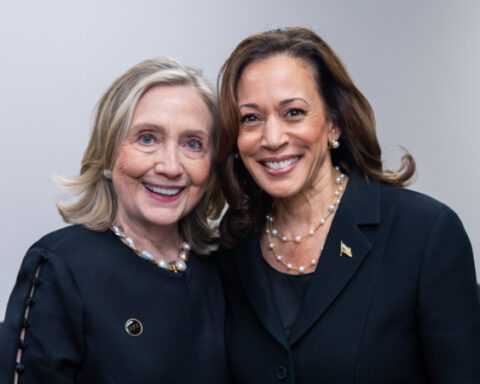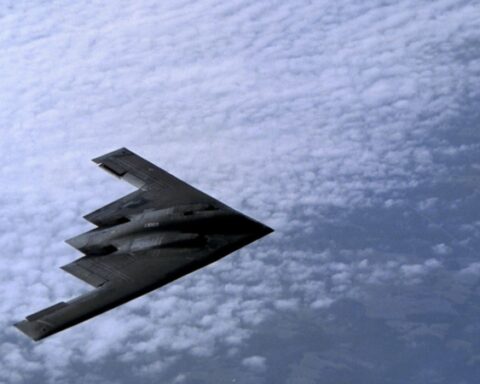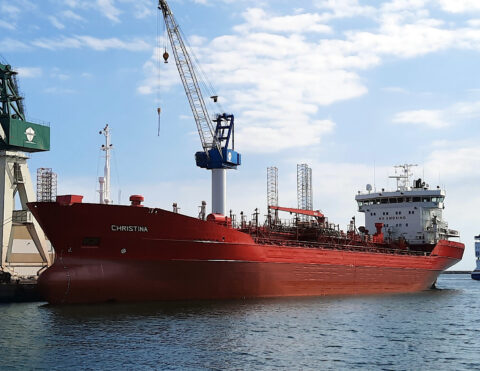Venezuela has now reportedly released a U.S. Air Force veteran held since October, in a gesture that Caracas appears to hope could improve strained ties with Washington and encourage the Trump administration to soften its stance on sanctions targeting the country’s vital oil industry.
Joseph St. Clair, 33, a decorated veteran from Washington state, was handed over to American officials in Antigua and Barbuda on Tuesday, according to people familiar with the negotiations.
He is expected to arrive in the Washington, D.C. area later the same day aboard a chartered flight.
St. Clair’s release was brokered by Ric Grenell, President Trump’s envoy, in a quiet diplomatic exchange with Venezuelan authorities.
His detention had been classified by the U.S. State Department as wrongful in early March, alongside eight other Americans still imprisoned in Venezuela. A tenth detainee is expected to be designated soon.
Venezuelan President Nicolás Maduro’s decision to release St. Clair is the latest in a series of gestures intended to show goodwill to Washington.
In recent months, Caracas has resumed accepting deportation flights from the United States and Honduras, and has allowed five opposition activists—who had taken refuge in the Argentine embassy—to leave the country.
These moves come amid escalating tensions over Venezuela’s oil sector. In February, the Trump administration revoked Chevron’s license to operate in Venezuela, along with permits for other Western oil firms.
That decision, which cut off a critical financial channel for the Maduro government, was followed by new tariffs on countries importing Venezuelan crude.
But with licenses for oil companies set to expire imminently, the administration is now expected to grant a 60-day extension, according to two industry sources.
Executives have warned that a complete withdrawal could cede control of Venezuela’s energy sector to Chinese state-owned companies, intensifying Beijing’s influence in Latin America.
Not all in Washington favor a softer approach. Secretary of State Marco Rubio has been a vocal critic of Chevron’s continued presence, arguing it props up Maduro’s regime.
The White House declined to comment on the latest developments.
St. Clair, who completed four tours in Afghanistan before being honorably discharged in 2019, suffered from post-traumatic stress disorder, his family said.
He enrolled in law school after leaving the military but struggled with depression and sought alternative therapies in Latin America. He was arrested last fall near the Venezuelan border with Colombia, where he had been working at a language school.
He was transferred to El Rodeo I prison outside Caracas, a facility notorious for gang control and reports of torture.
His release follows a series of quiet meetings between oil executives, lobbyists, and international diplomats, including a Qatari envoy, seeking to restore dialogue between Washington and Caracas. Whether this signals a broader thaw remains to be seen.
[READ MORE: Trump Holds Call With Putin in Attempt to End Ukraine War]


